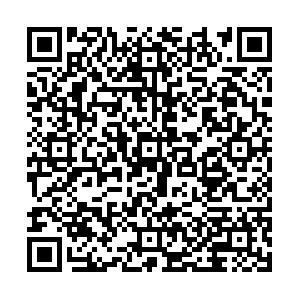摘要:
在新世纪以来的非虚构写作中,作者拥有明确的主体地位,作品中的当事人则始终属于客体,承担了"他者"的角色。但这些他者,并不是纯粹受控制、挤压和支配的客体,而是以自身的陌生性、丰富性和复杂性,极大地彰显了非虚构叙事的"求真"效果,并隐含了作者对他们的特殊情感及尊重。通过与作者的交流和碰撞,非虚构作品中的他者,不仅校正了作者主体的自我认知,使作者认识到世界的复杂与多元,还有效拓展了作者的文化视野,使叙事呈现出跨界性、专业化的思考。从本质上说,这些充满异质性和独立性的他者,使非虚构写作在对抗数字时代的同质化和拟像化过程中,自觉展示了自身对于历史或现实的深度关切。
关键词:
-
非虚构写作 /
-
自我 /
-
他者 /
-
交互性 /
-
同质化
Abstract:
In nonfiction writing since the turn of the 21st century, the author evidently assumes a subject position, while the individuals involved in the narrative remain objects, fulfilling the role of the 'Other'. However, these Others are not merely passive objects being controlled, compressed, or dominated. Instead, through their strangeness, richness, and complexity, they significantly enhance the truth-seeking effect of nonfiction narratives and implicitly convey the author's unique emotional engagement and respect. Through interactions and confrontations with the author, the Others in nonfiction works help correct the author's self-perception, leading to a deeper understanding of the world's complexity and diversity. They also broaden the author's cultural perspective, imbuing the narrative with cross- disciplinary and specialized reflections. Essentially, these heterogeneous and independent Others allow nonfiction writing to consciously demonstrate its profound concern for history and reality while resisting the homogenization and simulacra characteristic of the digital age.

 点击查看大图
点击查看大图


 下载:
下载:
 沪公网安备 31010102003103号
沪公网安备 31010102003103号